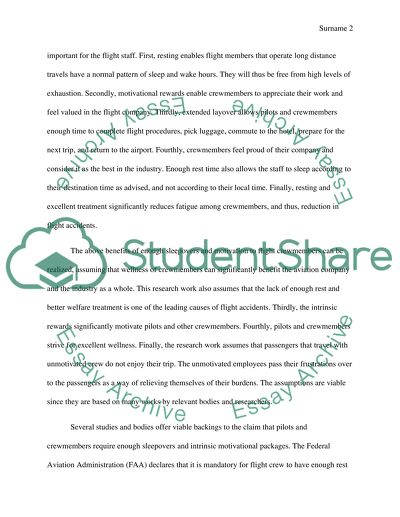Cite this document
(“The importance of motivating pilots and extending layover periods Essay”, n.d.)
Retrieved from https://studentshare.org/english/1684287-the-importance-of-motivating-pilots-and-extending-layover-periods
Retrieved from https://studentshare.org/english/1684287-the-importance-of-motivating-pilots-and-extending-layover-periods
(The Importance of Motivating Pilots and Extending Layover Periods Essay)
https://studentshare.org/english/1684287-the-importance-of-motivating-pilots-and-extending-layover-periods.
https://studentshare.org/english/1684287-the-importance-of-motivating-pilots-and-extending-layover-periods.
“The Importance of Motivating Pilots and Extending Layover Periods Essay”, n.d. https://studentshare.org/english/1684287-the-importance-of-motivating-pilots-and-extending-layover-periods.


